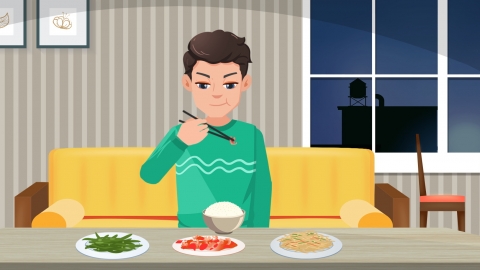Can you eat on the day of tooth extraction?
In most cases, you can eat on the day of tooth extraction, but you should wait at least 2 hours after the procedure and avoid excessively hot or hard foods. If the extraction site continues to bleed, eating should be postponed temporarily. Should you experience any discomfort, it is recommended to seek medical attention promptly and follow your doctor's instructions for treatment.

You must refrain from eating or drinking for the first 2 hours after surgery. This allows the blood clot at the extraction site to form and stabilize properly. Eating too early may dislodge the clot and lead to a painful condition known as dry socket. After 2 hours, you may consume cool or lukewarm liquid or soft foods such as milk, soy milk, thin porridge, or well-cooked noodles. These types of food require minimal chewing and reduce friction and irritation at the surgical site.
When eating, chew on the side of the mouth opposite to the extraction site to prevent food debris from accumulating near the wound. Avoid consuming hot foods, as high temperatures can dilate blood vessels and potentially trigger renewed bleeding. Also avoid hard or tough foods such as nuts, bones, or fried items, which may scratch the wound and impair healing.
Additionally, eat slowly and avoid hurried swallowing. Do not drink through a straw, as the sucking motion can disrupt the blood clot. If slight oozing occurs after eating, gently bite down on a sterile gauze pad to stop the bleeding. If bleeding persists or is accompanied by severe pain, contact your dentist or oral surgeon immediately for evaluation and care.




